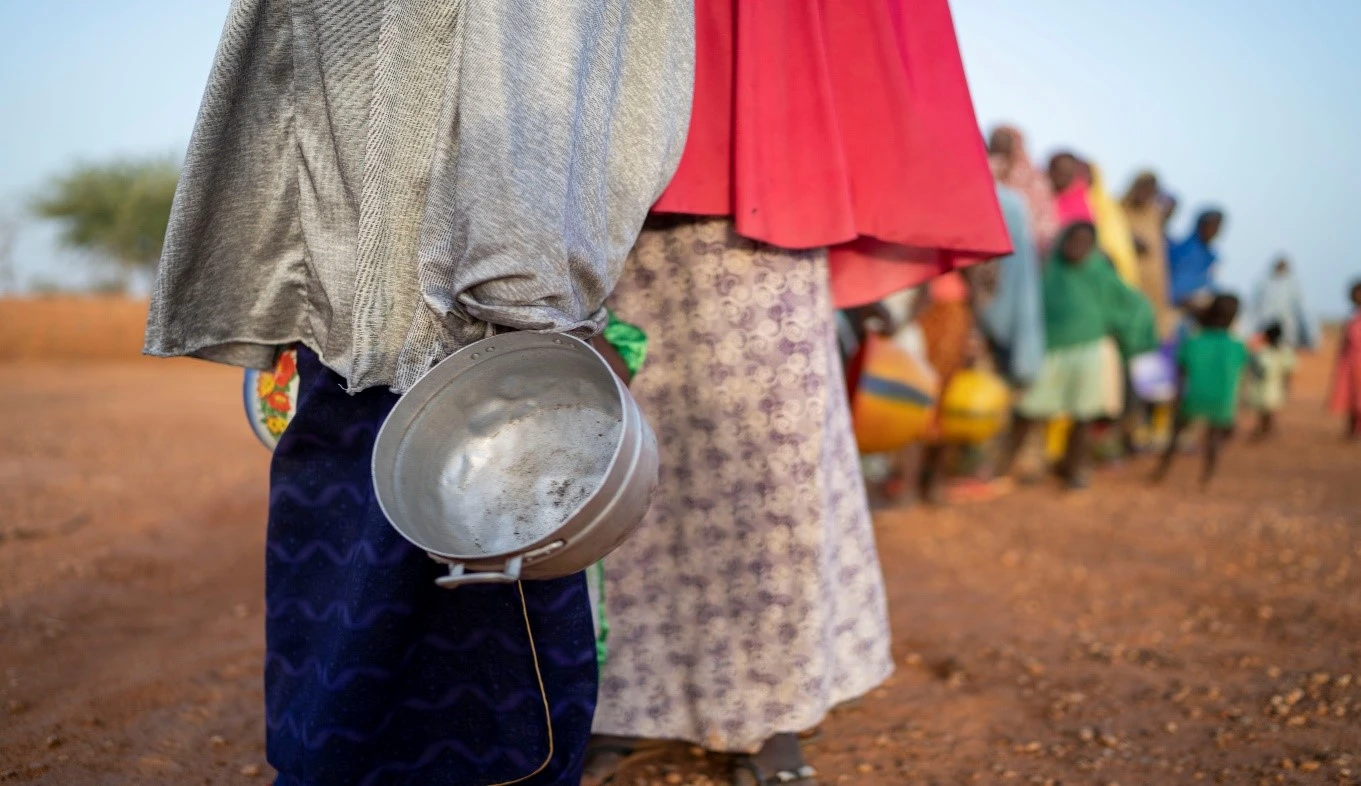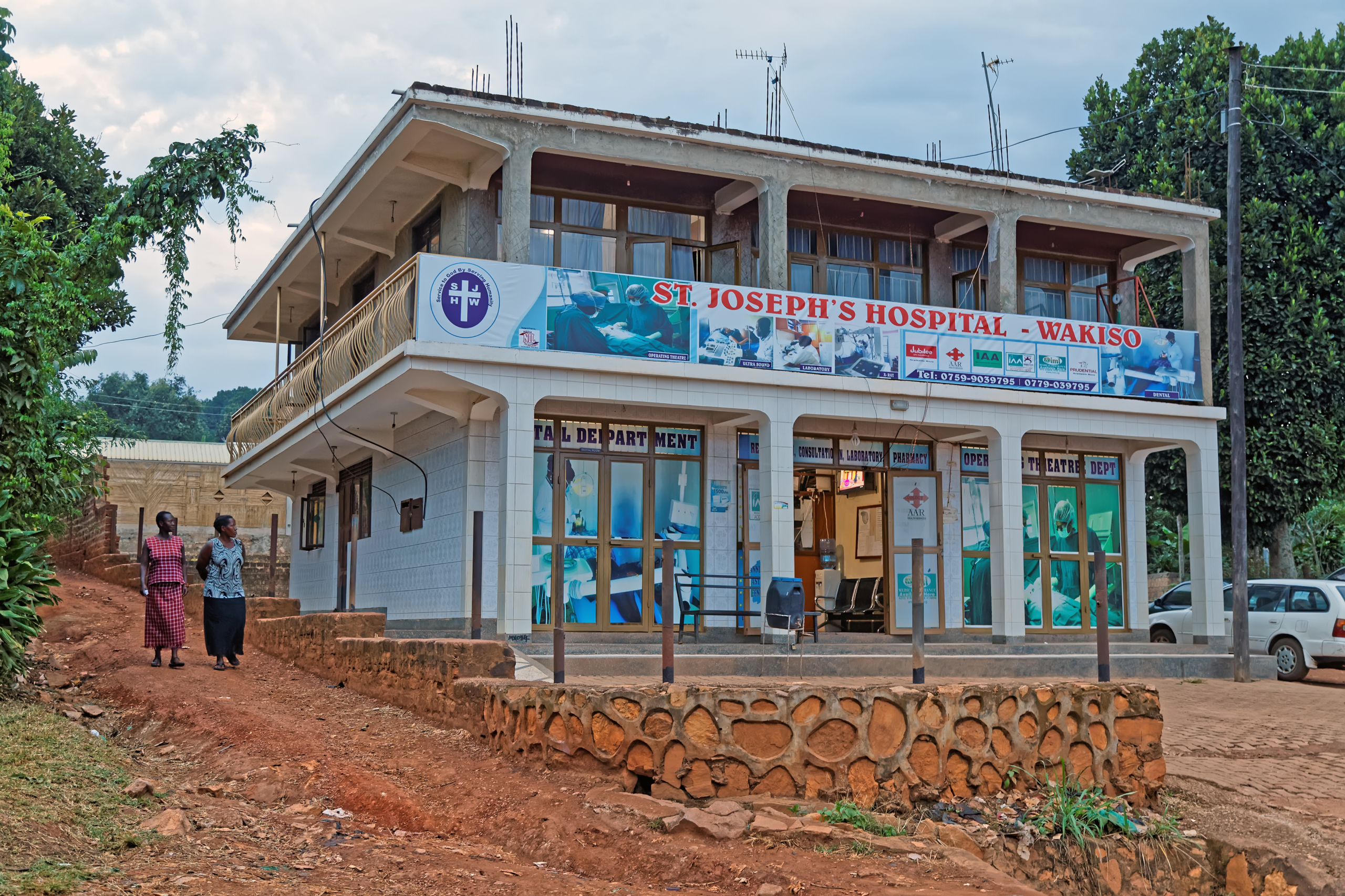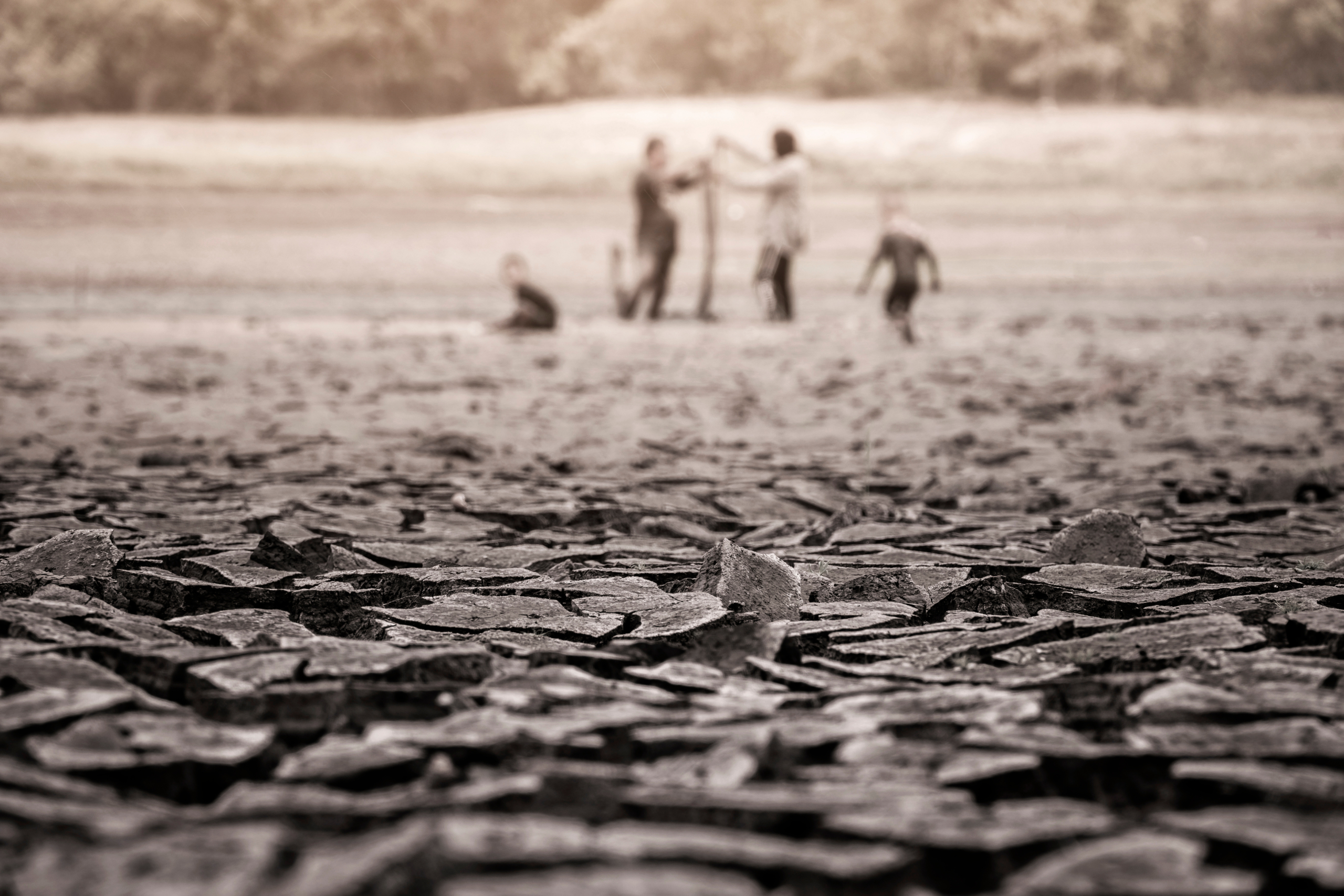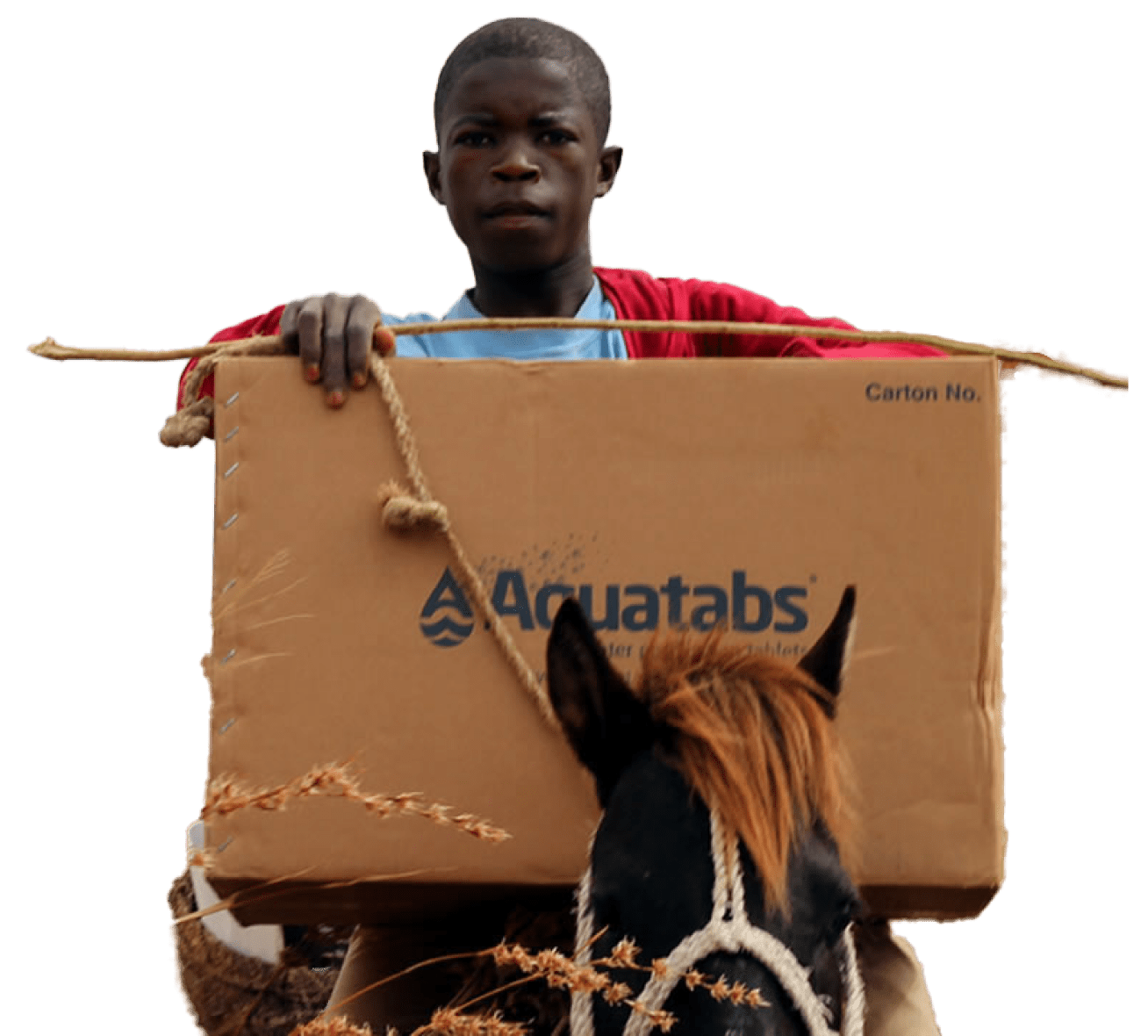Millions of people displaced by conflict and natural disasters face immense health risks. Among the most pressing concerns is infection prevention in humanitarian crises. $51.5 billion will offer a lifeline of hope to 230 million people. Surely that is a price worth paying. Martin Griffiths, OCHA, Dec 2022. Therefore, this blog post will explore the key challenges, including poverty, displacement and the importance of WASH, that are preventing effective IPC.
The Scope of Humanitarian Challenges
Among these challenges, one of the most difficult to endure is the plight of the young. Globally, more women and girls than men and boys live in poverty. In fact, according to OCHA’s (United Nations Office for the Coordination of Humanitarian Affairs) Humanitarian Overview 2023, 388 million women and girls,1 most of whom are living in sub-Sahara and Southern Asia, are surviving in extreme poverty. In total, 113 million girls are at risk of becoming child brides with no autonomy over their future. No chance to remain at school as the education system is in crisis, 1.6 billion students are out of the education system with no way to continue due to displacement, conflict or crisis.
Global gender equality will now take four generations or 132 years.

Waiting in line for food rations
Displacement and its Impact on Health
103 million people, over 1% of the world’s population were displaced by mid-2022. While natural disasters and extreme weather incidents are the main cause of displacement, ongoing conflict has triggered a global food crisis with 222 million people expected to need assistance due to food insecurity. Furthermore, repeated drought cycles shorten the recovery periods for communities that are dependent on the food they grow and the animals that supplement their diet. Famine, thought to be a threat of the past, is a real and present danger for 45 million people across 37 countries. The outlook is bleak, but we are all thankful that organisations all over the world, continue against the odds, to provide warmth and sustenance to the most vulnerable.
Public Health: A Key Factor in Infection Prevention
The global health landscape has presented significant obstacles to infection prevention in humanitarian crises since the onset of COVID-19. For instance. more than 6 million people succumbed to the virus and a further 19 million cases were reported in 27 countries in July 2022.3 Infant vaccinations reduced to the lowest in thirty years. Subsequently, the spread of vector-borne disease, mpox, rising cases of Ebola and cholera outbreaks2 has weakened already struggling healthcare facilities that cannot recover effectively from health emergencies. The importance of healthcare facilities in the heart of rural communities has been undervalued for a very long time. Understanding the importance of continuous infection prevention in everyday life was a lesson well learned during the pandemic. Maintaining efforts to provide a safe and clean environment for patients and their care workers can be extremely difficult in rural and conflict affected areas for a number of reasons.4
Key Factors Hindering Infection Control
Inadequate
- Infrastructure
- Resources
- Staff education
- IPC training
- Supply Chain
- Overcrowding
- High infection rates
- Monitoring and audit practices
Finding cost effective ways for rural healthcare workers to continue the important work they do within the community is extremely important. However, providing the means to clean is not enough, IPC (infection prevention and control) training is imperative to ensure that transmission of germs between patients, doctors, nurses, visitors, does not occur or is significantly reduced. To accomplish this, the following needs to be in place:
- Infection Preventionists are identified within the facility
- They are sufficiently trained on and implement infection prevention protocols
- Continuous monitoring of the cleaning and disinfection process to ensure all areas are captured.

With the correct protocols in place it is essential to use approved and effective products that can be sourced together and easily supplied in a WASH kit. The Aquatabs WASH Kit is one solution to four challenges within the healthcare environment.
WASH Solutions for Infection Prevention in Emergencies
The Aquatabs WASH Kit: A Comprehensive Approach
The Aquatabs WASH Kit directly addresses the critical need for infection prevention in humanitarian crises by providing a comprehensive and cost-effective solution. It provides:
- Water Purification
- Surface Disinfection
- Instrument Disinfection
- Hand Disinfection
The cost effective mix’n’match solution that provides affordable, accessible, high performance disinfection products that meet the needs of a busy healthcare facility for an entire year.
The need for effective infection prevention in humanitarian crises is a key issue. Contact our team for more information at [email protected]
References:
- Humanitarian Action, Analysing Needs and Response, Global Humanitarian Overview 2023 https://humanitarianaction.info (Accessed 07/12/2022).
- WHO, WHO Director-General’s opening remarks at Member State Information Session on COVID-19 and other issues, 27 October 2022 (Accessed 07/12/2022).
- WHO Coronavirus (COVID-19) Dashboard. (Accessed 07/12/2022).
- Lowe, H., Woodd, S., Lange, I.L. et al. Challenges and opportunities for infection prevention and control in hospitals in conflict-affected settings: a qualitative study. Conflict Health 15, 94 (2021). https://doi.org/10.1186/s13031-021-00428-8


